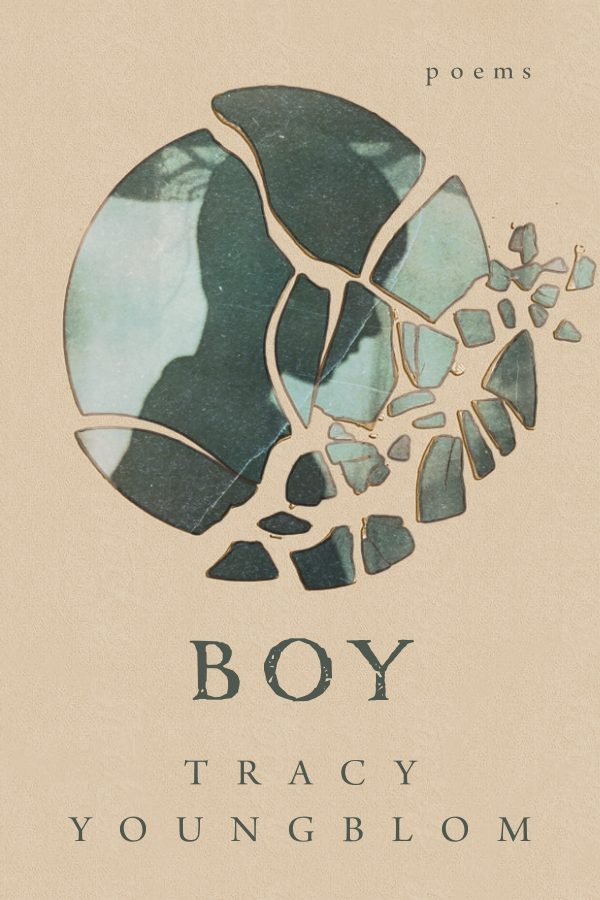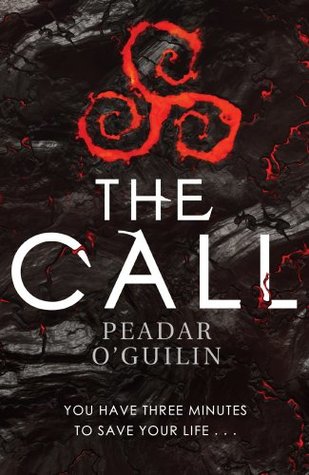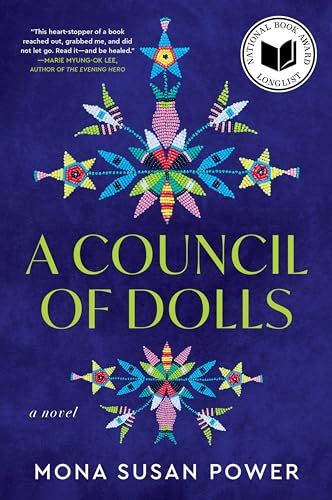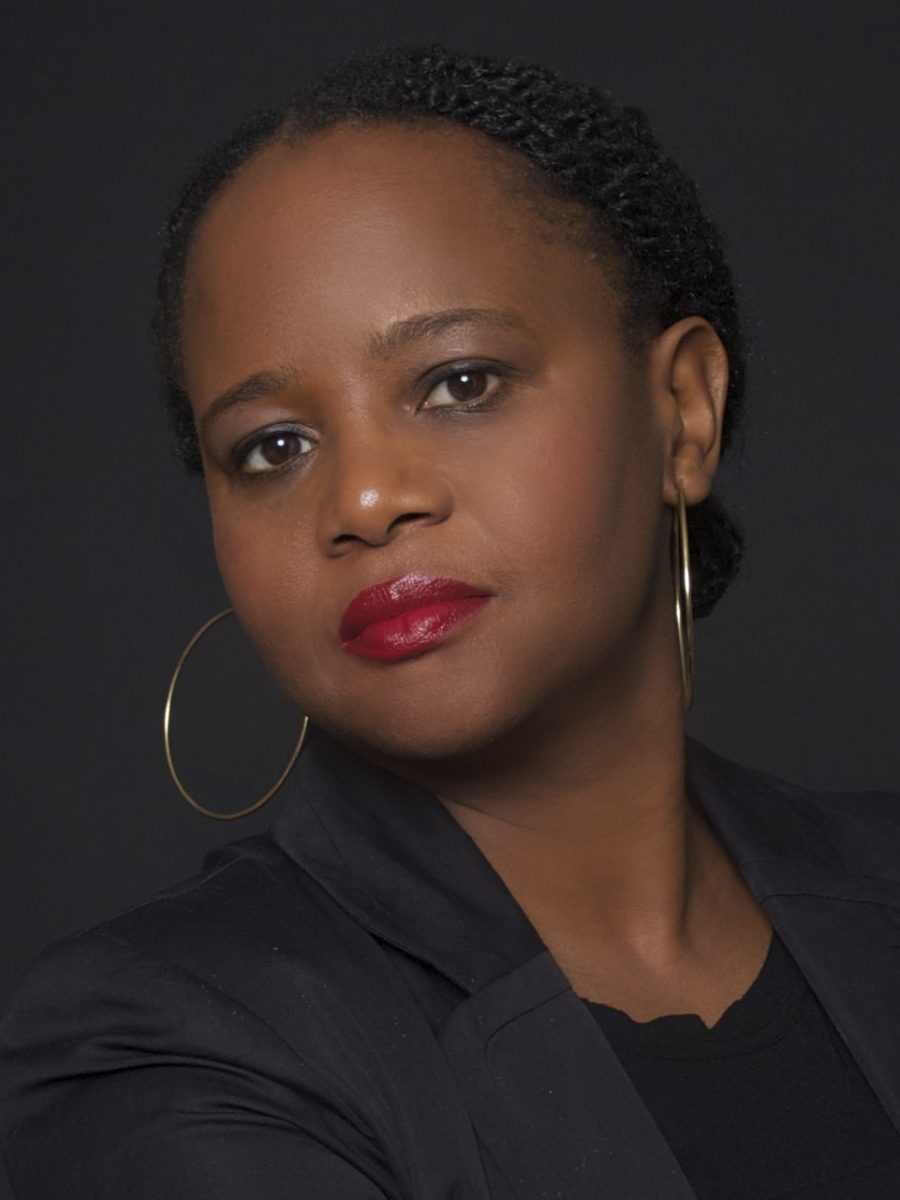The opening pages in Boy, written by Tracy Youngblom, sets up the narrative to follow, where the author recounts the painful death of her younger brother when she was nine years old. The language in Boy is accessible, making it a perfect read for anyone who has ever found poetry to be perplexing. This book of poems has been designed to be read chronologically, making it a great entry point for fiction and non-fiction readers alike. The poems are numbered, instead of individually titled, which emphasizes that each poem meant to be seen like the pieces of shattered glass on the cover that Youngblom is piecing together to get clarity on the death of her younger brother and the ripples it sent through her family. She has given the book seven sections, designed like signposts to inform the reader about the territories that lie ahead.
Youngblom is courageous in her descriptions of grief, unafraid to display the nuances that are commonly passed over by authors more concerned with scenes of loud weeping and dramatic action. The first section ends with bold, explosive imagery detailing how youngblom imagines the traumatic event. What follows is descriptions of her inability to let people see how she was feeling because of a cynicism she developed after observing older relatives (poem xv) Her honest depiction of the stages of grief she went through are a source of comfort to anyone feeling they are grieving wrong. Grief is not to be figured out, but it is to be fully felt and lived through.
Facing death at such a young age forced Youngblom to confront mortality, which drew her to consider forces bigger than her. The moon is a consistent symbol and companion to Youngblom, as she recalls “its full light” on the day of tragedy (poem iii.) and the way it looked “unnatural” after the event (poem xxv). Youngblom’s journey of faith is characterized by expressing her anger and doubts to Him, instead of using cliché jargon. In Poem XIix, she unearths a powerful truth “Holding onto belief across a lifetime” (Poem xIix) isn’t easy, but kept her grounded and gave her the courage to have her kids of her own.
Family mythologies are created when human beings tell stories to make sense of their lives. Youngblom details the way her mother and sister did this to feel in control (poem xxxii and poem xxxiv). Perhaps, her purpose of writing is not just to sort through the distorted memories, but to communicate the complexities of loss and the purpose and closure one can find when they don’t focus on the little details, but the whole story.






Tracy Youngblom • Oct 26, 2023 at 5:32 PM
I was delighted by this review of my book of poems, Boy! Eric has clearly understood not only the individual poems but the book’s structure and sense of meaning as well. A treat to read–I am grateful.